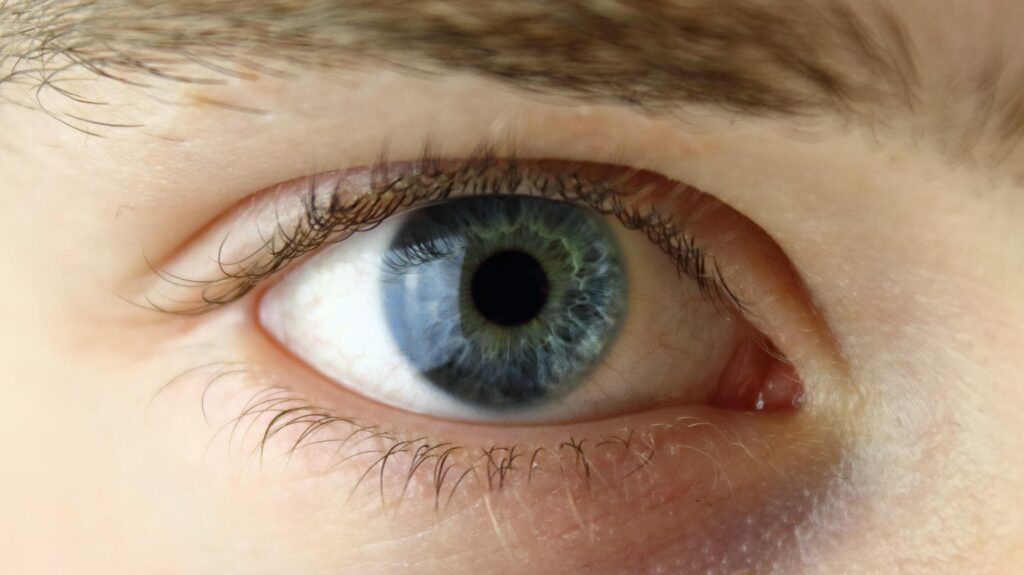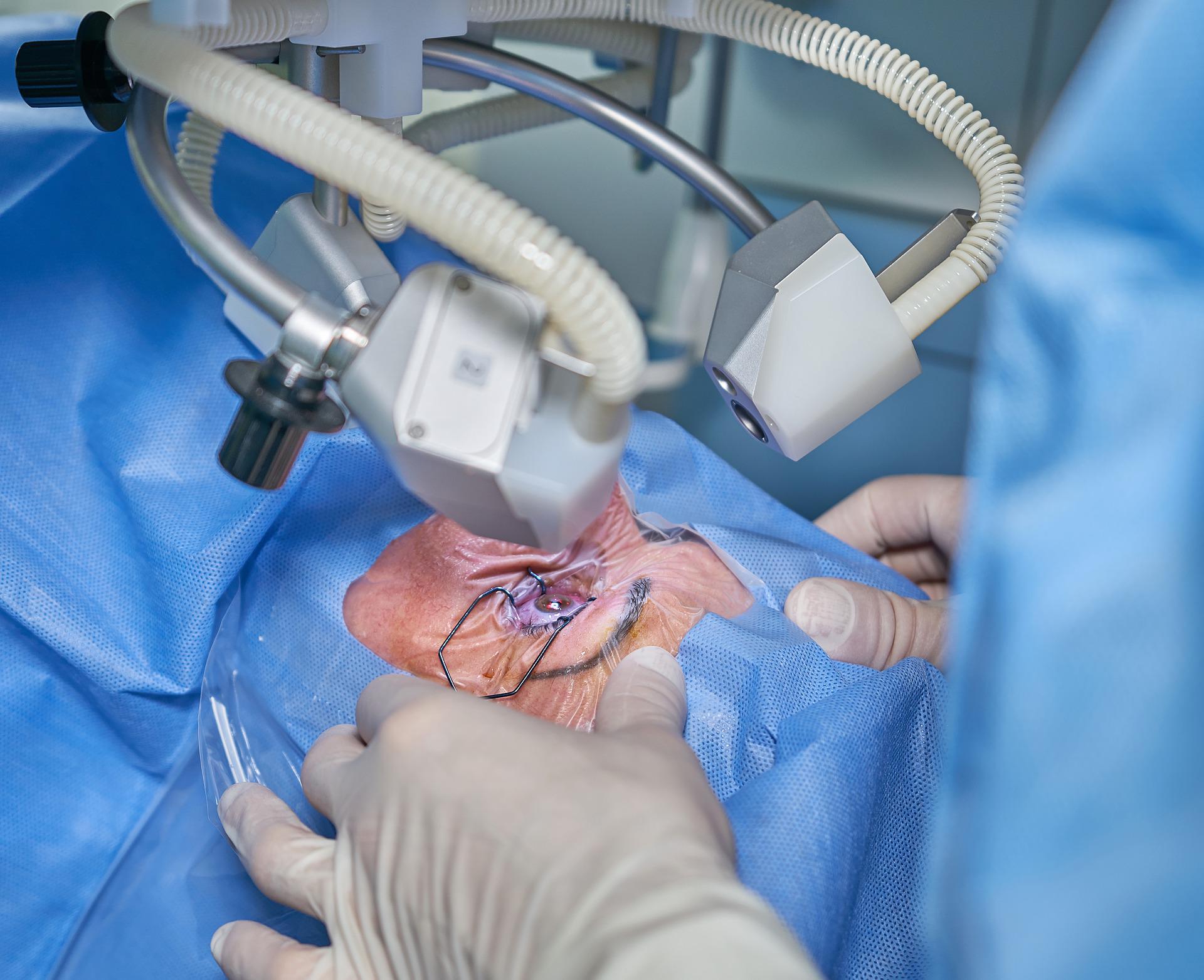The most important factor with any surgical procedure is safety. Each time a person decides to undergo laser surgery, they are putting their vision literally in the hands of the surgeon.
That is why all the laser surgeons featured on our website are leading specialists with years of experience.
Thankfully, laser eye surgery is a very safe procedure, so we thought it would be a great idea to put together some accurate facts and figures on laser surgery safety, and dispel any of the myths surrounding this technique!
Laser History
Originating in the 1990’s, laser surgery has quickly become a popular method to restore a better standard of vision. Millions of people worldwide have undergone the procedure, which has a number of benefits over traditional glasses or contact lenses:
- It is more aesthetically pleasing.
- No daily maintenance is required.
- People can exercise without being visually restricted.
- There is a reduced risk of eye infections compared to contact lenses.
It is important to note that laser surgery itself is classed as a cosmetic procedure, and as such faces less regulation and scrutiny than other medical techniques.
That is why choosing a quality clinic is extremely important.
As laser surgery is a corneal operation, it is sensible to use an experienced surgeon with an excellent knowledge of corneal issues.
Seek out surgeons who are fellows of the Royal College of Ophthalmologists or the Royal College of Surgeons.
Two world-leading, elite professional bodies!
The Laser Procedure
Over the years, laser surgery technology has progressed to become a refined science, with the LASIK technique now the gold standard for the industry. Done correctly, the entire treatment can take less than 10 minutes to perform.
Nowadays, completely blade-free surgery is the norm, and can be achieved by using the Intralase and Excimer lasers:
Here is what to expect on the day of surgery:
- Eye-drops are used to numb the eye.
- Tiny pulses of light from the Intralase laser are used to create a flap in the cornea.
- This flap is then lifted to allow the cornea to be treated directly.
- The Excimer laser is used to accurately remove microscopic tissue and reshape the cornea.
- The flap is then put back into place and a temporary contact lens affixed while the eye heals.
By using both of these advanced lasers, quicker treatments and faster recovery times have resulted.

LASIK Safety Facts
So, let’s get down to the nitty-gritty…
Just what does the science say about laser surgery safety?
One study looked at complications that had arisen from 1000 cases of laser surgery. All patients were treated with the Intralase laser.
The results were positive.
No serious surgical complications were found in any of the patients treated, and the researchers also concluded that using the Intralase laser meant surgeons could accurately predict the correct eye flap thickness required.
In 2009, a world literature review of LASIK studies was launched. This major investigation analysed data from thousands of laser operations on patients from many different countries. Academics discovered that the overall patient satisfaction rate was 95.4% – pretty good when you consider that clinics of all different standards were included.
Do The Results Last?
This is an important point to discuss. Laser surgery is a permanent fix when it is performed by qualified, experienced surgeons. Luckily, most clinics in the UK have good quality medical teams, so surgery failure is not a major issue.
However, by choosing to go abroad in order to save money, you could be increasing the risk of an inexperienced surgeon and an unsatisfactory outcome.
Science has also looked into the long-term effectiveness of laser procedures.
A 7 year follow-up of patients found that vision improvement was maintained, with 100% achieving at least 20/40 vision, and 94.2% gaining 20/20 eyesight.

Laser Eye Surgery Safety Conclusion
Science suggests that laser eye surgery is an extremely safe procedure, with a very high patient satisfaction rate.
However, there is one caveat.
The best outcomes are achieved at the best clinics – in effect, you pay for what you get. Therefore, the most sensible way to protect your health is by choosing an elite surgeon.
Of course, you may go elsewhere and everything may turn out just fine. In general though, as the price slips, so does the level of expertise and aftercare.
Be careful not to play roulette with your eyesight.

